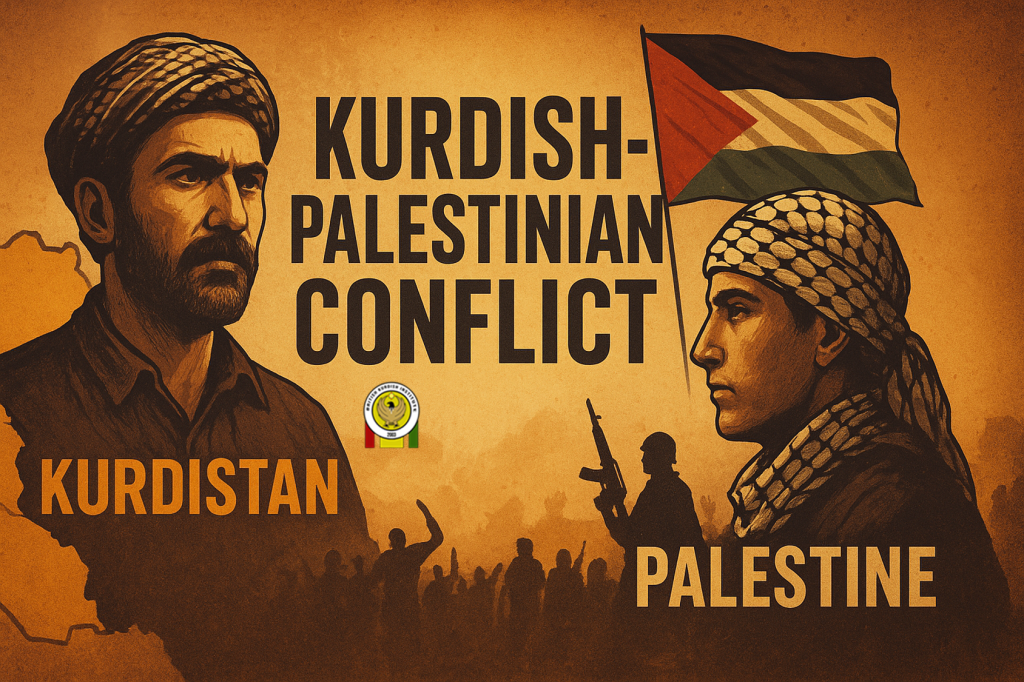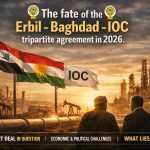The Legacy of Sykes–Picot and the Forgotten Promises
After World War I, the Sykes–Picot Agreement divided the vast territories once ruled by the Ottoman Empire. From this geopolitical carving, the Kurdish and Palestinian questions emerged as two of the Middle East’s longest-standing conflicts.
Before the war, Britain and its allies promised that every nation under Ottoman rule would gain independence after the Allies’ victory. Those promises were fulfilled for many—except the Kurds and the Jews. The Treaty of Sèvres promised a Kurdish homeland, and the Balfour Declaration paved the way for a Jewish one in Palestine. Yet history favored neither at that time.
The Palestinian Struggle and the Birth of Israel
The Arabs of Palestine were unique: they were under Ottoman rule but were not promised a state by Britain or France. Since the Jewish population in Palestine was small before the war, British policy delayed the establishment of a Jewish state until Jewish immigration could change the demographic balance.
By 1948, two decades later, the State of Israel was declared. Palestinian Arabs, refusing to accept this division, launched a struggle that has continued for more than seventy-five years—marked by resistance, displacement, and endless negotiations.
The Two-State Solution and Global Recognition
In 1967, the United Nations Security Council proposed the Two-State Solution as a path to peace between Israel and Palestine. Yet both sides resisted: Palestinians rejected it on the grounds that they did not recognize Israel’s legitimacy, and Israel feared that a Palestinian state would threaten its security.
However, after decades of conflict and two years of war in Gaza, the global community shifted. In September 2025, 142 countries voted to recognize the State of Palestine, signaling growing international support for Palestinian self-determination.
Despite opposition from Israel and the United States, the recognition marked a historic moment. France and Britain—ironically, the same powers that drew the post-Ottoman borders—are now backing Palestinian statehood.
A Turning Point for the Kurdish Question
This development has deep implications for the Kurdish cause. The world’s acceptance of new borders for peace challenges long-held taboos about redrawing maps in the Middle East. If the Palestinian issue can evolve toward a diplomatic resolution, why not the Kurdish one?
Iraq, Syria, Iran, and Turkey—each home to parts of historic Kurdistan—may no longer hold the credibility to indefinitely suppress Kurdish aspirations, especially as global norms shift toward justice and self-determination.
The Key Difference: Recognition and Resistance
The main contrast between the Kurds and the Palestinians lies in their political posture. Palestinians have never recognized the state of Israel and continue to resist occupation. Kurds, in contrast, have largely accepted the borders of the countries that divided them—Iran, Iraq, Syria, and Turkey—and sought autonomy within them.
For a century, Kurdish uprisings have been framed as defensive movements to preserve cultural identity rather than efforts to reject foreign occupation. Kurdish leaders repeatedly emphasize that they do not threaten national unity—a stance that has earned them sympathy but limited progress.
Time for a Global Kurdish Initiative
With the Palestinian precedent, the time has come for Kurdish leaders and intellectuals to internationalize the Kurdish issue. The world must be reminded that Kurdish suffering and displacement are no less severe or legitimate than those of other oppressed peoples.
It is time for Kurdish representatives—especially those with diplomatic influence—to lobby friendly nations to bring the Kurdish question before the UN Security Council.
Toward a Four-State Solution
A lasting peace in the Middle East may depend on a bold new framework:
A Four-State Solution—involving Kurds, Arabs, Persians, and Turks.
Such an approach recognizes the intertwined histories of these peoples and the geopolitical realities of modern borders. Just as the Palestinian conflict required a two-state roadmap, the Kurdish question demands a regional, multi-state solution grounded in justice, coexistence, and mutual recognition.
Only then can the century-old wound of the Kurdish people begin to heal.









